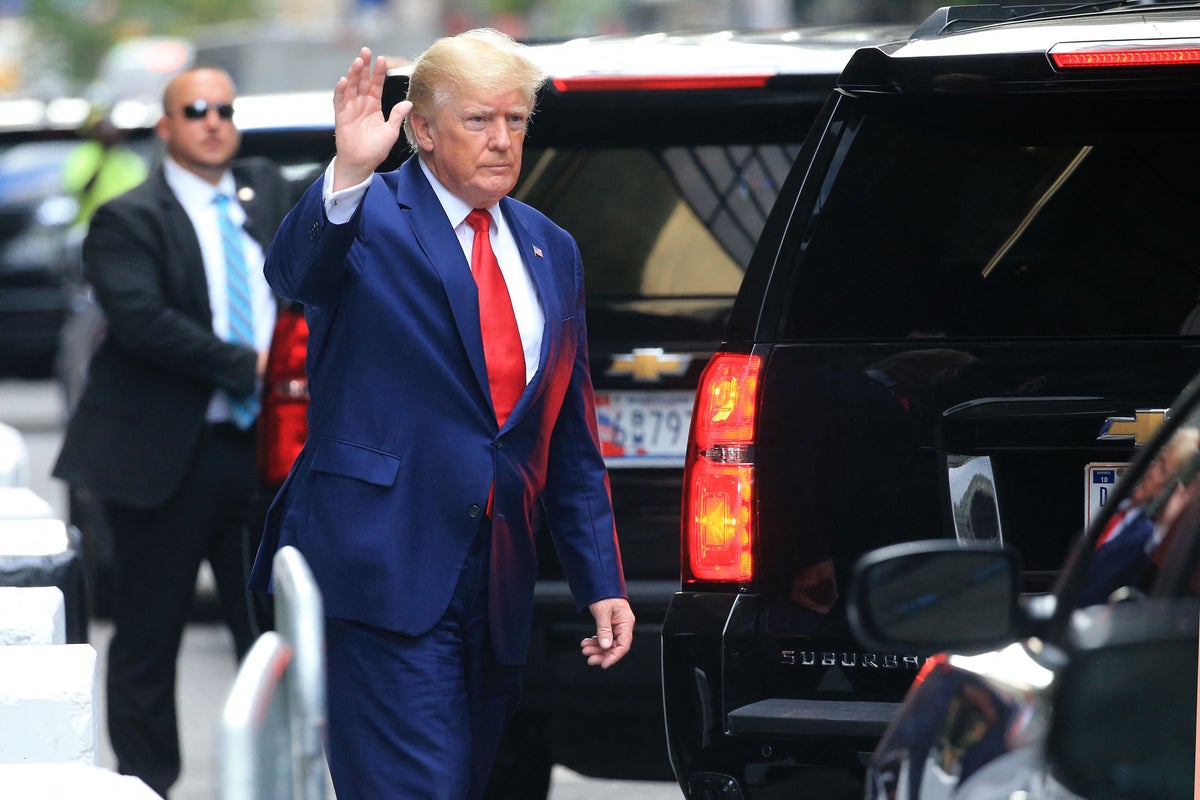
Federal investigators attempted to retrieve highly classified documents that Donald Trump improperly removed from the White House by presenting him with a grand jury subpoena this past spring, months before FBI agents would execute a search warrant at his Palm Beach, Florida home.
The existence of the subpoena, which was issued by a Washington DC grand jury and used by Department of Justice investigators to retrieve some — but not all — of the documents sought from Mr Trump’s home, was first reported by John Solomon, a right-wing journalist who Mr Trump named as one of his official representatives to the National Archives and Records Administration just before his term expired last January.
In the days since FBI agents executed a search warrant on Mr Trump’s home and office at his Mar-a-Lago club, allies of the former president have claimed that the warrant represented an overreach by the Justice Department because other, less coercive methods could have been used if the department felt Mr Trump was still harbouring sensitive materials at his residence. But the fact that a subpoena was issued months prior to the use of a search warrant suggests that investigators believed Mr Trump did not fully comply with it.
According to The New York Times, two sources who had been briefed on the documents sought by the FBI said they were “so sensitive in nature, and related to national security, that the Justice Department had to act”.
The search of Mr Trump’s property was the latest escalation in what has been a months-long dispute between the ex-president and the government he once led over documents which were not properly deposited with Nara as required by law when Mr Trump left the White House.
In January, Nara said it had recovered 15 boxes of records from Mr Trump’s Florida home, some of which were so classified that they could not be described without violating laws protecting disclosure of national defence secrets.
Though a sitting president has broad authority to view, disseminate and declassify classified material, Mr Trump lost the legal ability to possess any such documents once President Joe Biden was sworn in at noon on 20 January 2021.
If Mr Trump is found to have violated laws against mishandling classified information, a law enacted on his watch could provide for stiff penalties. Whereas violators who merely mishandled such materials could have once faced a year in jail, a Mr Trump signed during his term in office increased the penalty to five years in prison.







